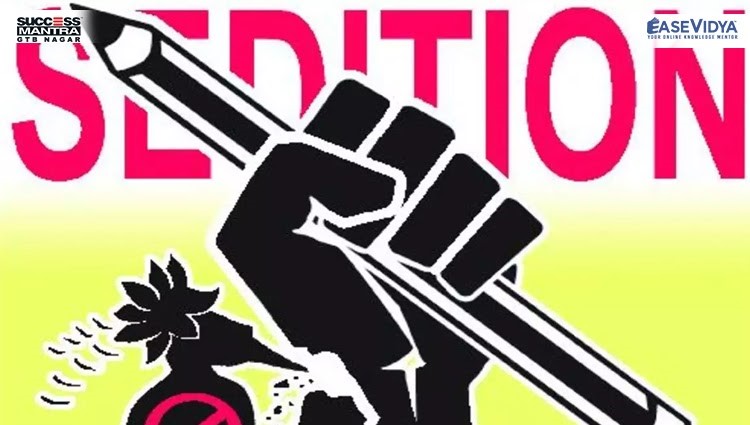
What is Sedition Law?
What is Sedition Law?
Section 124A of IPC states, “Whoever, by words, either spoken or written, or by signs, or by visible representation, or otherwise, brings or attempts to bring into hatred or contempt, or excites or attempts to excite disaffection towards, the government established by law in shall be punished with imprisonment for life, to which fine may be added, or with imprisonment which may extend to three years, to which fine may be added, or with fine.”
The sedition law has been indiscriminately used against critics, journalists, social media users, activists and citizens for airing their grievances about the governments COVID-19 management, or even for seeking help to gain medical access, equipment, drugs and oxygen cylinders, especially during the second wave of the pandemic.
Issues of misuse
The sedition law has been in controversy for far too long. Often the governments are criticized for using the law — Section 124-A of the Indian Penal Code (IPC) — against vocal critics of their policies.
- Therefore, this Section is seen as a restriction of individuals’ freedom of expression and falls short of the provisions of reasonable restrictions on freedom of speech under Article 19 of the Constitution.
The law has been in debate ever since it was brought into force by the colonial British rulers in the 1860s. Several top freedom movement leaders including Mahatma Gandhi and Jawaharlal Nehru were booked under the sedition law.
Supreme Court judgements
- The Kedar Nath Singh vs State of Bihar case (1962):
While dealing with offences under Section 124A of the IPC, a five-judge Supreme Court constitutional bench had, in the Kedar Nath Singh vs State of Bihar case (1962), laid down some guiding principles.
- The court ruled that comments-however strongly worded-expressing disapprobation of the actions of the government without causing public disorder by acts of violence would not be penal.
- The Balwant Singh vs State of Punjab (1995) case:
In this case, the Supreme Court had clarified that merely shouting slogans, in this case Khalistan Zindabad, does not amount to sedition. Evidently, the sedition law is being both misunderstood and misused to muzzle dissent.












0 Comment